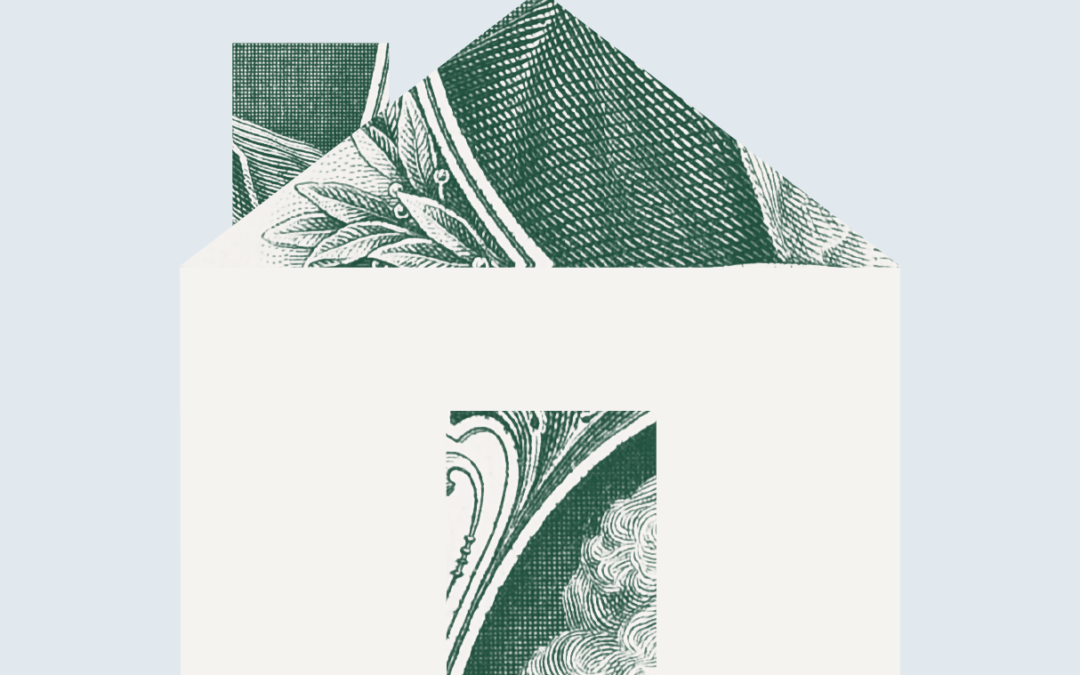Appraisal bias is a significant issue in the real estate industry that can have far-reaching consequences.
It occurs when an appraiser’s personal opinions or beliefs influence the valuation of a property, resulting in appraisals that are not impartial or accurate.
In this blog post, we will explore the various factors that can contribute to appraisal bias and the impact that it can have on real estate transactions.
Conflicts of Interest
One of the main factors that can contribute to appraisal bias is conflicts of interest.
If an appraiser is being paid by a party with a vested interest in a high appraisal, they may feel pressure to inflate the value.
This can result in appraisals that are not representative of a property’s true market value, which can have serious consequences for homeowners and real estate investors alike.
Lack of Market Knowledge
Another factor that can contribute to appraisal bias is a lack of market knowledge. An appraiser who is not familiar with the local market may not accurately reflect market trends and conditions, resulting in appraisals that are not representative of a property’s true value.
This can lead to challenges for homeowners and real estate investors who rely on accurate appraisals to make informed decisions.
Unconscious Bias
Unconscious bias refers to the implicit attitudes, beliefs, and stereotypes that individuals may hold without being aware of them. These biases can be influenced by a person’s background, experiences, and cultural upbringing. In the context of appraisals, unconscious bias can result in appraisals that are not impartial or fair.
For example, an appraiser who holds unconscious biases about certain neighborhoods or communities may unconsciously value properties in those areas lower than they are actually worth. This can result in homeowners in those areas receiving lower appraisals and having difficulty selling or refinancing their homes.
Unconscious bias can also impact the assessment of a property’s value based on factors such as its age, size, or style. An appraiser who unconsciously values newer, larger, or more modern homes over older, smaller, or more traditional homes may result in a biased appraisal.
The History of Racial Inequality in Homeownership in America (selfi.com)
Limited Data
Appraisals can also be biased if they rely on limited or outdated data. This can include property sales from several years ago, or data that does not accurately reflect current market trends and conditions.
Inaccurate or outdated data can result in appraisals that are not representative of a property’s true value, leading to challenges for homeowners and real estate investors.et up automatic transfers from your checking account to your savings account to make saving for a down payment a habit.
Pressure to Meet Specific Value
Finally, appraisers may feel pressure to reach a certain value, especially if it’s required for a loan or real estate transaction. This pressure can lead to appraisals that are not impartial or representative of a property’s true value.
In conclusion, appraisal bias is a significant issue in the real estate industry that can have far-reaching consequences. It’s important to be aware of the various factors that can contribute to appraisal bias, including conflicts of interest, lack of market knowledge, unconscious bias, limited data, and pressure to meet a specific value. By understanding these factors and working to address them, we can ensure that real estate transactions are based on accurate and impartial appraisals.
![]()
“SELFi started with a simple idea: to help homeowners obtain the lowest interest rates on their mortgage. That’s it.”

Compare wholesale mortgage rates easily using AccuRate.
Subscribe to our mailing list
Stay up-to-date on interest rates, loan options, and money saving tips.

